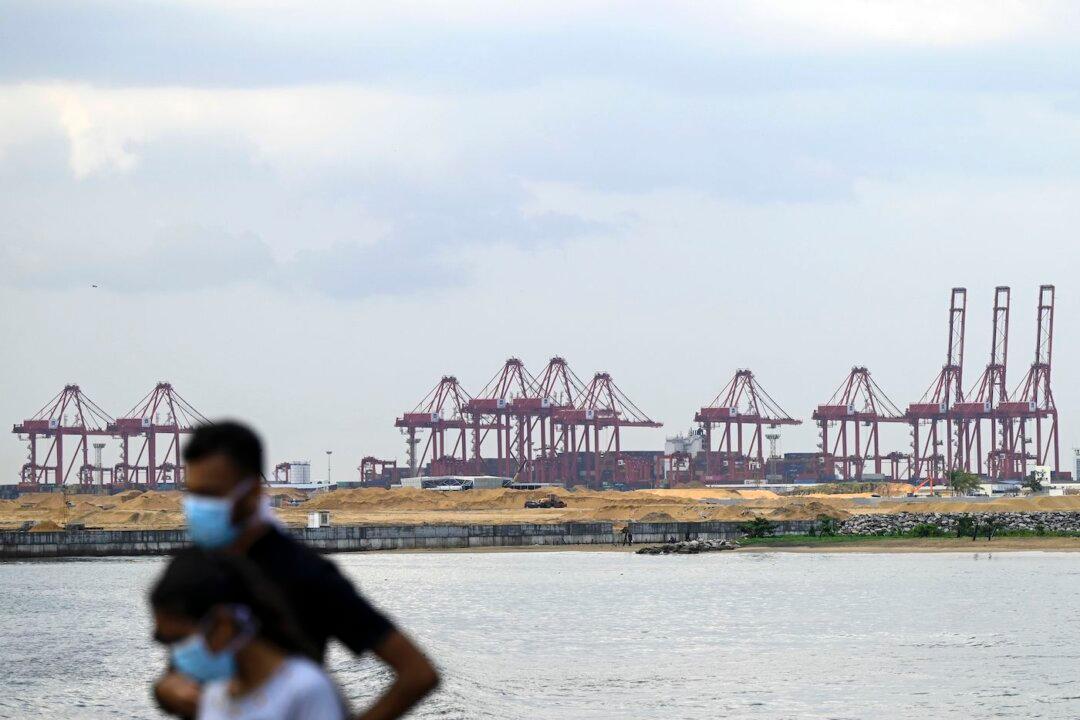Sri Lanka’s government has set aside $500 million for maturing bond repayment, Central Bank Governor Ajith Nivard Cabraal said on Jan. 5, a move that some economists believe is a mistake given the country’s foreign currency shortage to pay for imports.
Cabraal announced on Twitter that $500 million has been allocated for an international sovereign bond maturing on Jan. 18, but some economists opposed the move, urging the government to instead restructure its debt.





